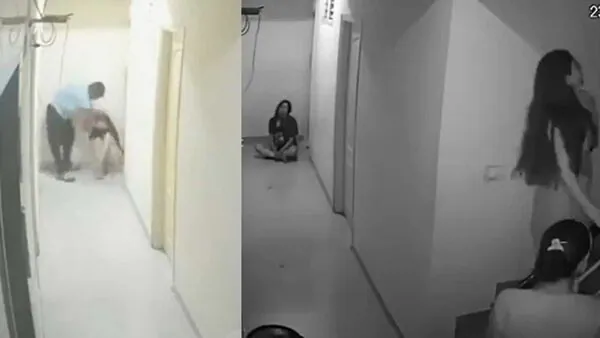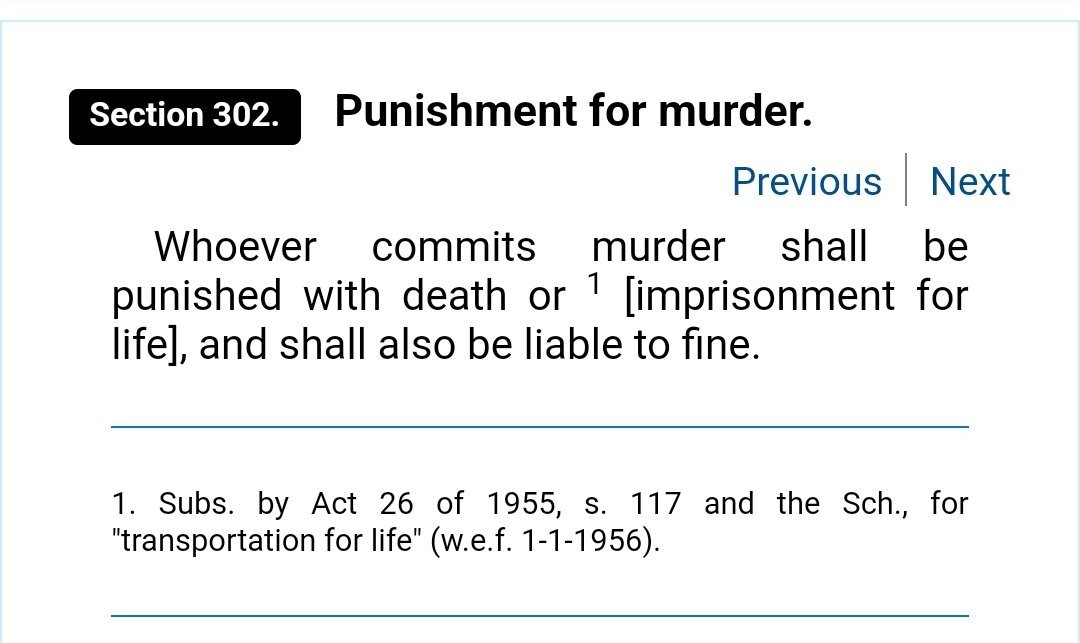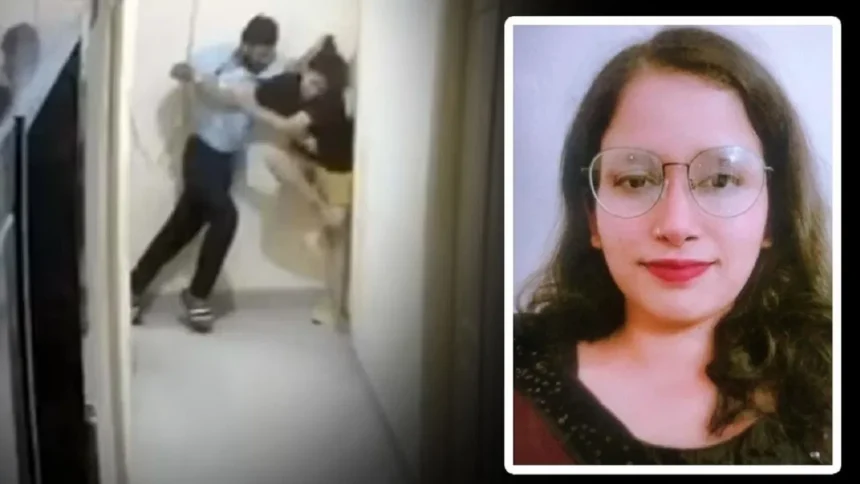On the night of July 23rd, 2024, a brutal and senseless murder rocked the bustling area of Koramangala in Bengaluru. Kriti Kumari, a 2-year-old woman from Bihar, was viciously attacked and killed in her paying guest (PG) accommodation. This horrific incident not only highlighted severe lapses in security at PG accommodations but also raised significant concerns about the regulation and safety of such establishments. In this blog, we will delve into the details of the case, discuss the legal ramifications for the accused, and explore the broader implications for PG security in India.
The Incident: A Detailed Account
Background
Kriti Kumari, originally from Bihar, had moved to Bengaluru to pursue her career and was working in a private company. Like many young professionals, she chose to stay in a PG accommodation in Koramangala, an area known for its high density of PGs and vibrant community of young residents.
The Crime
On the fateful night of July 23rd, the tranquility of the PG was shattered by a gruesome act of violence. A man, posing as a delivery agent, managed to gain entry into the building. This security breach is a stark reminder of the vulnerabilities that many PG accommodations face. Once inside, the assailant made his way to Kumari’s room, dragged her out, and began a relentless attack.

The CCTV footage, which has since been a crucial piece of evidence, shows the attacker stabbing Kumari multiple times in the face, chest, shoulder, and neck. Despite her desperate attempts to fend him off, he ultimately slit her throat. The sheer brutality of the attack, captured on camera, left the community and law enforcement in shock.
Immediate Aftermath
As the attacker fled the scene, the footage revealed the reaction of other residents. In a state of panic and fear, they failed to intervene or provide immediate assistance to Kumari, who succumbed to her injuries shortly after the attack. This reaction underscores the need for better emergency response protocols and sensitization among residents of such accommodations.
The Investigation: From Arrest to Legal Proceedings
Arrest of the Accused
Following the attack, the Bengaluru police launched an intensive manhunt for the suspect. Leveraging the CCTV footage and other investigative techniques, they tracked the accused to the Raisen district in Madhya Pradesh. He was arrested and brought back to Bengaluru under a Transit warrant. The swift action by the police demonstrated their commitment to bringing the perpetrator to justice.
Interrogation and Motive
The primary objective of the police, once they obtained custody of the accused, was to determine the motive behind this heinous crime. Several theories emerged during the initial phase of the investigation, including personal vendetta, possible involvement of other individuals, and premeditated murder. The interrogation of the accused was expected to shed light on these aspects and help the police build a strong case.
Legal Proceedings
As the investigation progressed, the legal process also commenced. The accused was presented before the court, and the police sought extended custody for thorough interrogation. The court granted this request, allowing the police to delve deeper into the case.
Legal Framework: Laws and Punishments for Such Crimes
Relevant Laws
In India, crimes like the one committed against Kriti Kumari fall under several sections of the Indian Penal Code (IPC). The most pertinent sections in this case are:
- Section 302 (Murder): This section pertains to the crime of murder, defined as the unlawful killing of another human being with malice aforethought. The punishment under this section can range from life imprisonment to the death penalty, depending on the severity and circumstances of the crime.

- Section 307 (Attempt to Murder): If the victim had survived the attack, this section would apply, covering acts done with the intention of causing death. The punishment can extend to life imprisonment or a term of up to 10 years.
- Section 449 (House-trespass in order to commit an offence punishable with death): This section applies when someone commits house-trespass to commit an offence punishable with death, which can lead to life imprisonment or rigorous imprisonment for a term not less than ten years.
Legal Precedents and Related Cases
To understand the application of these laws, it is useful to look at similar cases in the past:
- Nirbhaya Case (2012): This infamous case involved the brutal gang rape and murder of a young woman in Delhi. The attackers were convicted under various sections, including 302 (murder) and 376 (rape), and were sentenced to death. The case highlighted the need for stricter laws and better enforcement to protect women.
- Priyadarshini Mattoo Case (1996): Priyadarshini Mattoo, a law student, was raped and murdered by a fellow student. The initial acquittal of the accused was overturned by the Delhi High Court, which found him guilty and sentenced him to death. This case underscored the importance of judicial review and the role of higher courts in ensuring justice.
- Swathi Murder Case (2016): A young woman named Swathi was murdered in broad daylight at a railway station in Chennai. The accused was found guilty and sentenced to life imprisonment. The case demonstrated the need for public awareness and proactive measures to prevent such crimes.
Judicial Process and Sentencing
In the case of Kriti Kumari, the judicial process will involve several stages, including:
- Investigation and Charge Sheet: The police will gather evidence, interrogate the accused, and prepare a charge sheet outlining the charges against him.
- Trial: The trial will involve the presentation of evidence, examination of witnesses, and arguments by the prosecution and defense.
- Verdict and Sentencing: Based on the evidence and legal arguments, the court will deliver a verdict. If found guilty, the accused could face severe punishment under the relevant sections of the IPC.
Broader Implications: Need for Enhanced PG Security
Security Lapses and Recommendations
The murder of Kriti Kumari has exposed significant security lapses in PG accommodations. Some key issues include:
- Lack of Proper Entry Protocols: The ease with which the attacker gained entry into the PG highlights the need for stringent entry protocols, including verification of visitors.
- Inadequate Surveillance: While CCTV footage played a crucial role in this case, not all PGs are equipped with adequate surveillance systems.
- Absence of Security Personnel: Many PGs lack trained security personnel who can monitor and respond to potential threats.
Government and Regulatory Measures
To address these issues, several measures can be implemented:
- Mandatory Security Protocols: PG accommodations should be required to implement strict security measures, including verification of visitors, installation of CCTV cameras, and employment of trained security personnel.
- Regular Inspections: Government authorities should conduct regular inspections of PG accommodations to ensure compliance with safety and security standards.
- Resident Awareness Programs: Sensitization programs should be conducted to educate residents about emergency response protocols and the importance of looking out for one another.
Community and Societal Responsibility
The reaction of the other residents during the attack underscores the need for a more proactive community response. Society must foster a culture where individuals are willing to step in and assist in emergencies. This includes:
- Emergency Response Training: Residents should be trained in basic emergency response techniques, including first aid and how to act in the event of an attack.
- Community Building: Efforts should be made to build a sense of community within PG accommodations, encouraging residents to look out for each other and act collectively in times of crisis.
The brutal murder of Kriti Kumari in her PG accommodation in Bengaluru is a stark reminder of the vulnerabilities that exist in such living arrangements. This tragic incident highlights the urgent need for improved security measures, better regulation of PG accommodations, and a more proactive community response to prevent such crimes in the future.
As the legal proceedings against the accused unfold, justice must be served, not only to honor the memory of Kriti Kumari but also to send a strong message that such heinous acts will not be tolerated. The lessons learned from this case must drive systemic changes to ensure the safety and security of all residents in PG accommodations across the country.
In the end, the safety of individuals in their living environments is a fundamental right, and it is the collective responsibility of the government, law enforcement, and society to uphold and protect this right. The murder of Kriti Kumari should catalyze change, ensuring that such a tragedy never occurs again.






